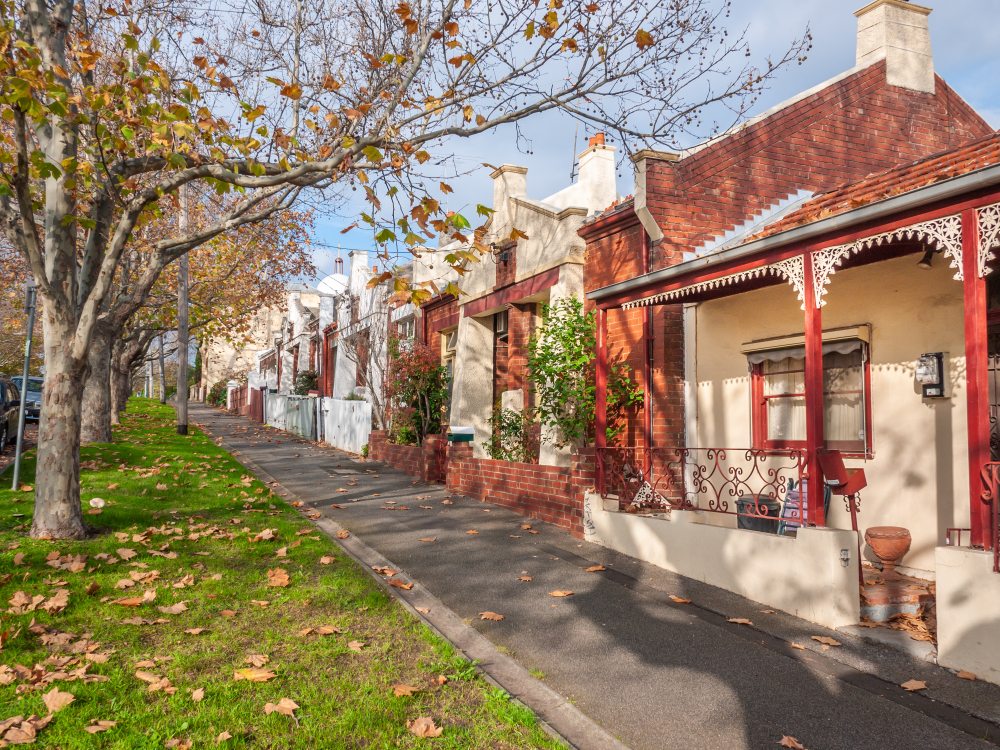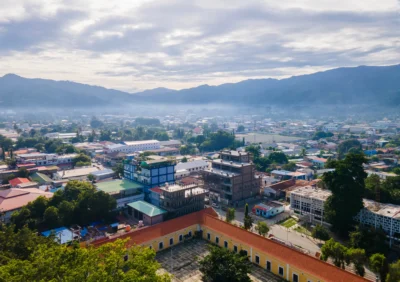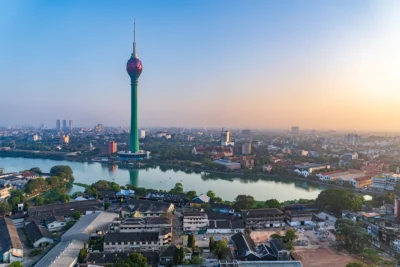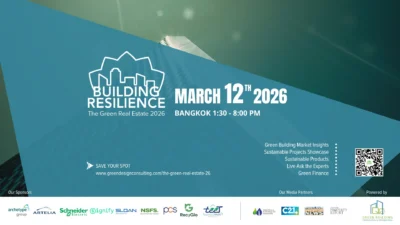Melbourne’s house prices spike as ’empty nesters’ turn down downsizing
Experts say that increased stock and policies that stimulate house selling would help ease the market

According to The Age, Melbourne’s tens of thousands of “empty nesters” are putting pressure on the city’s housing market as they lack interest in downsizing their homes.
The real estate industry and economists advise that the spike in house prices this year is mainly driven by limited desirable properties on the market. Another big factor is the large number of family-sized homes owned by couples and singles from the baby boom generation.
Productivity Commission’s landmark research in 2016 revealed that 80 percent of older Australians owned their own home and almost three-quarters of them had no interest in selling up in retirement, generally due to a preference to stay in their communities.
Terry Rawnsley, a KPMG urban and regional planner, defended empty nesters having said, “It’s not helpful to blame people for living in the homes they’ve lived in for 20 or 30 years, it’s recognising that the market hasn’t worked in the way we’d liked.”
Nevertheless, the decision to remain in family homes by empty nesters and retirees was putting “considerable pressure” on Melbourne’s housing market.
More: Victoria’s stamp duty changes to have a ripple effect on Australian market
Rawnsley said, “If you look at the house price data for the type of suburbs where you’ve got larger homes with a bit of space, they’re the ones which have increased above average, against the rest of the property market.”
He added that tax and transfer systems reform might create incentives to downsizing, and changes to local and state planning systems could stimulate more developments that retirees would be attracted to.
Anthony Buccello of National Property Buyers said that stock shortage in established suburbs was a huge factor driving the property market to its current record highs. He said, “It’s hard to convince people to sell. “The only thing that’s going to ease the market is more stock and whatever policies are put in place to incentivise people to sell, something needs to happen in order to balance the market.”
Recommended
Timor-Leste real estate takes off as nation joins ASEAN
Early signs of a property market emerge amid land-title reform and cautious foreign interest
Macau market weakness persists despite economic rebound signs
As Macau’s gaming revenues surge back to life, its residential property market remains stuck on a losing streak
Seoul’s luxury homes roar back on global demand and scarcity
Once cooled by demographics and policy, the South Korean capital's luxury housing market is surging again
South Asia’s property markets edge back from the brink
After years of turmoil, South Asia’s real estate sectors are stirring back to life, buoyed by reform and renewed investor confidence





